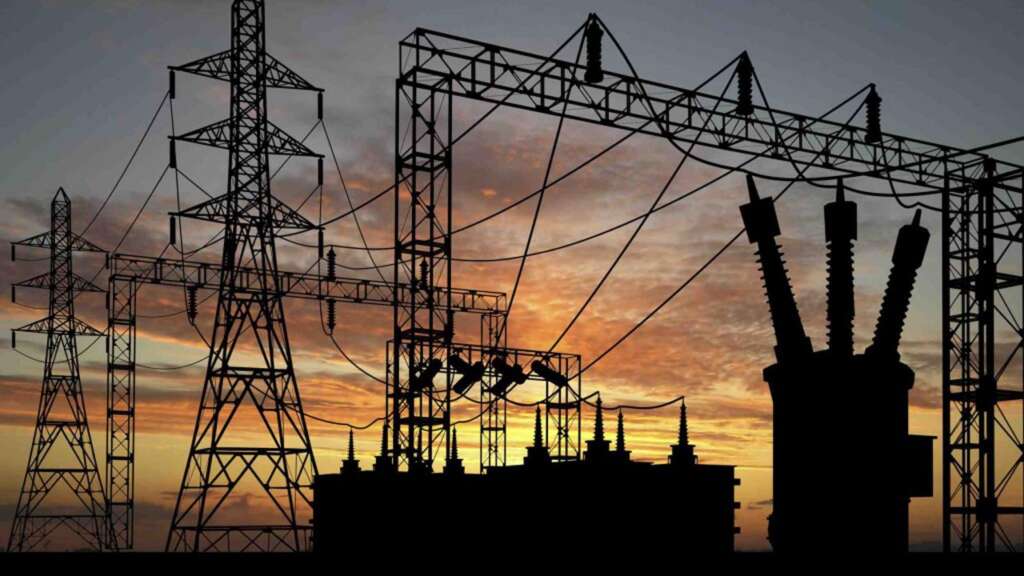Business News
World Bank pledges $750 million to electrify rural Nigeria
According to World Bank it will contribute $750 million to the Nigeria Electrification Project (NEP) to advance rural electrification…

According to a World Bank announcement, it will contribute $750 million to the Nigeria Electrification Project (NEP) to advance rural electrification and improve Nigerians’ access to energy.
This strategy was disclosed by Ms Elizabeth Huybens, the World Bank’s Director of Strategy and Operations for the Western Central African Region, while she was in Kilankwa Community, Abuja, to examine the 60 KiloWatts Mini-Grid Project. The Rural Electrification Agency (REA) is carrying out the project via NEP.
Rural power
Ms Hyben noted that this would be the Bank’s first national electrification project in Nigeria, adding:
- “We see at work here, about $350 million is coming to a close, and we are preparing a successor project that will be $750 million.
- “We are extending our support to something that we think is critical and Nigeria is leading the world in small grid development,” she said.
Impact of the Project on the national grid
She added that the Kilankwa project would assist the country in providing access to electricity to more people faster than it could have done by just extending the national grid, saying:
- “So, I am very impressed that the grid in small communities works and there is also the foresight to think about how one can fully optimize the use of the electricity generated to expand productive activities.
- “Like the rice mill that we have just seen, I hope that in the future, we will see a lot more of that,” she
The World Bank representative further stated that the project was taken into consideration because, in their opinion, universal access to electricity is one of the most important goals for any nation to achieve. They emphasized the significance of universal access to electricity for the lives of rural Nigerians.
- “We cannot move toward electric vehicles if we don’t have electricity. You cannot even charge your cell phone without electricity.
- “So, it is hard for me to think about modern life without electricity and it is hard for me to think about reducing poverty without access to electricity.
- ” And since the World Bank’s overarching goal is to help countries eradicate poverty, we need to help them provide access to electricity for its population.”
According to REA’s managing director, Mr Ahmad Salihijo, the project is currently catering to roughly 300 homes and businesses. He continued:
- “This has been operational for some time now. So, we are privileged to have come here with the World Bank team to see how it is performing.
- “We are working on ensuring productive use and also that we have energy-efficient equipment connected to the mini-grid.”
More News ON RNN
Electricity hike: AEDC urges customers to disregard the planned increase
Nigeria’s electricity customer grows to 11.27 million
Unified FX Rates: Nigerians to pay more for electricity from December – Experts
